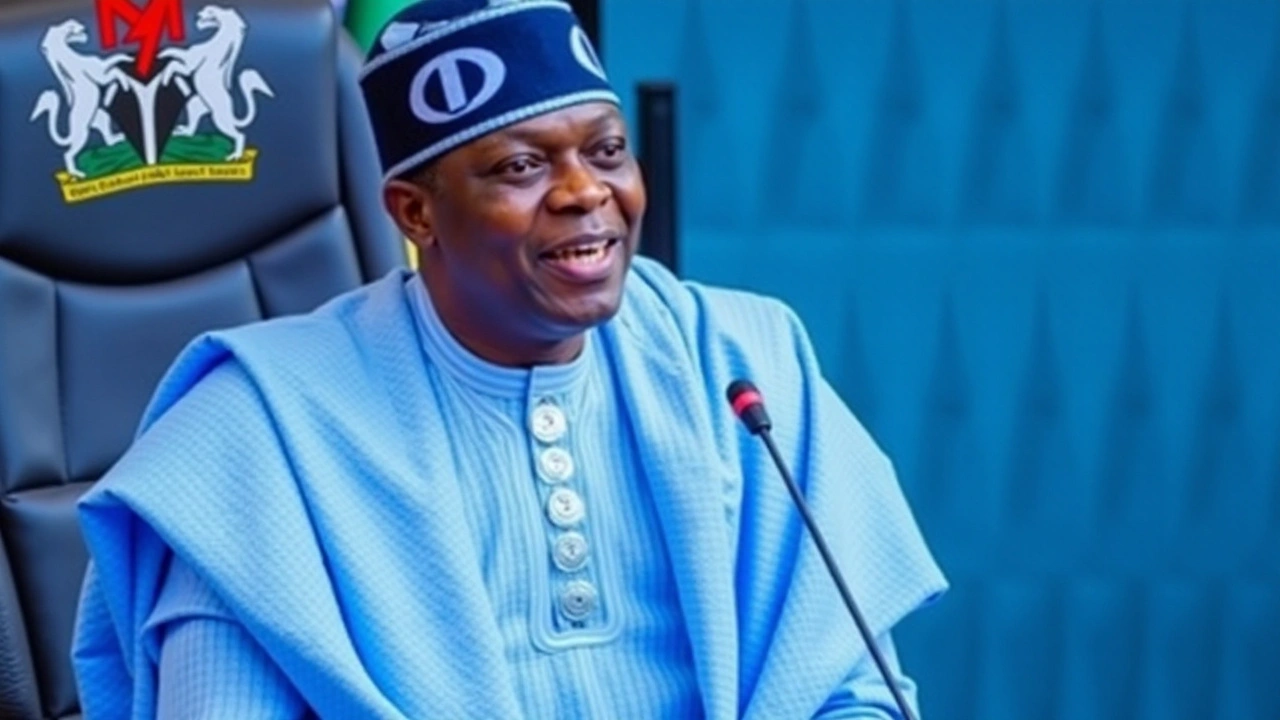Ever wonder why transparency is such a big deal on African game farms? It’s not just about open books and press releases—real transparency affects everything from how wildlife is managed to how communities trust the people caring for the land. When organizations and managers talk openly about successes, setbacks, and daily operations, it builds trust with local folks, tourists, and investors alike. People want to know that what's happening behind the scenes matches what’s promised to the world.
Transparent operations make a huge difference in conservation. Game farms that share real-time data—like animal population numbers, anti-poaching results, or habitat restoration plans—allow everyone to see both progress and problems. This reeled-back curtain means that if something’s going wrong, it gets fixed faster. Community members also feel more involved. When decisions aren’t made behind closed doors, local people have a chance to join in and speak up if something looks off.
Ever seen viral stories about poaching or mismanagement? Honest reporting and transparency trigger public outcry only when things have been hidden in the first place. By keeping information out in the open, game farms stay ahead of controversy and prove they’re serious about ethical practices. Tourism companies and international partners look for transparency as well—it affects who books a safari, where researchers want to work, and where major eco-investments land.
Transparency doesn’t just help outsiders. It protects rangers, staff, and researchers, too. Clear policies about hiring, salaries, and workplace safety mean fair treatment and less room for exploitation. When whistleblowers or team members have a safe way to voice concerns, issues get solved faster. It’s a win-win for staff morale and for wildlife protection efforts.
Social media has pushed transparency further. Many African game farms now post daily updates, share live videos, or even track animals with GPS maps that anyone can check. That kind of openness invites supporters to follow journeys in real time—perfect for sparking donations, attracting volunteers, and keeping governments on their toes. It also means mistakes are harder to hide, so accountability stays high.
If you’re researching a safari, looking to invest in conservation, or just following what’s new in African wildlife news, pay attention to transparency. Ask questions, read reports, and check if a farm or reserve shares both the good news and the setbacks. Real progress relies on honesty, and that’s how the best-run game farms win respect and real results for Africa’s biodiversity.
Stick around for daily news and updates—because what happens in the open shapes Africa’s wild future the most.

A recent claim suggesting that Nigeria's President Bola Tinubu is an asset of the US CIA has been fervently dismissed by a top aide. The assertion, made by journalist David Hundeyin, comes amid a memorandum filed by US agencies, hindering the release of unredacted information in a FOIA case. This claim has ignited debates about the transparency and accountability of leaders, focusing on potential foreign intelligence ties.
Read More >>